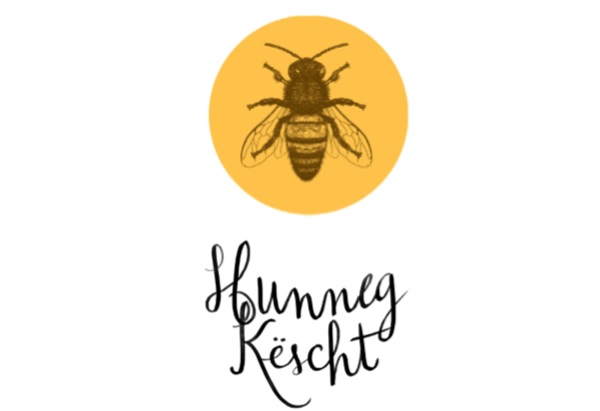 Hunneg Këscht (honey);
Hunneg Këscht (honey);
In the countryside, terraces and gardens are perfect places to welcome bee hives; in the city, it is the rooves of buildings. When we know that 30% of bees are lost each year in Europe, installing hives helps to stop this ecological tragedy. A commitment to the environment and also to the quality of products served to customers, the Sofitel Luxembourg Europe took the decision last year to install ber hives on it roof and to harvest the honey generated by the bees - thanks to a partnership with the urban beekeeper for 9 years, Hugo Zeler.
The Sofitel Luxembourg Europe offers its own nectar that guests find in the hotel's restaurant plates, as well as the sumptuous breakfast buffet. Housed on the roof of the hotel in the spring of 2017, bees pollinate their direct environment. The Kirchberg plateau offers a wide variety of flowers. To this must be added the neighbouring rapeseed crops which develop unique aromas and flavours for the Hunneg Këscht honey from Kirchberg.
From extraction to potting and product design, Hugo Zeler does it all himself in Luxembourg. It has been 9 years since the beekeeper devoted himself to his passion and to the development of honey culture in the city which offers three varieties of creamy honeys: Limpertsberg honey with a minty taste, impregnated with surrounding lime trees; Kirchberg honey marked by the surrounding rapeseed crops; and Bonnevoie honey with a woody flavour very similar to forest honey.









